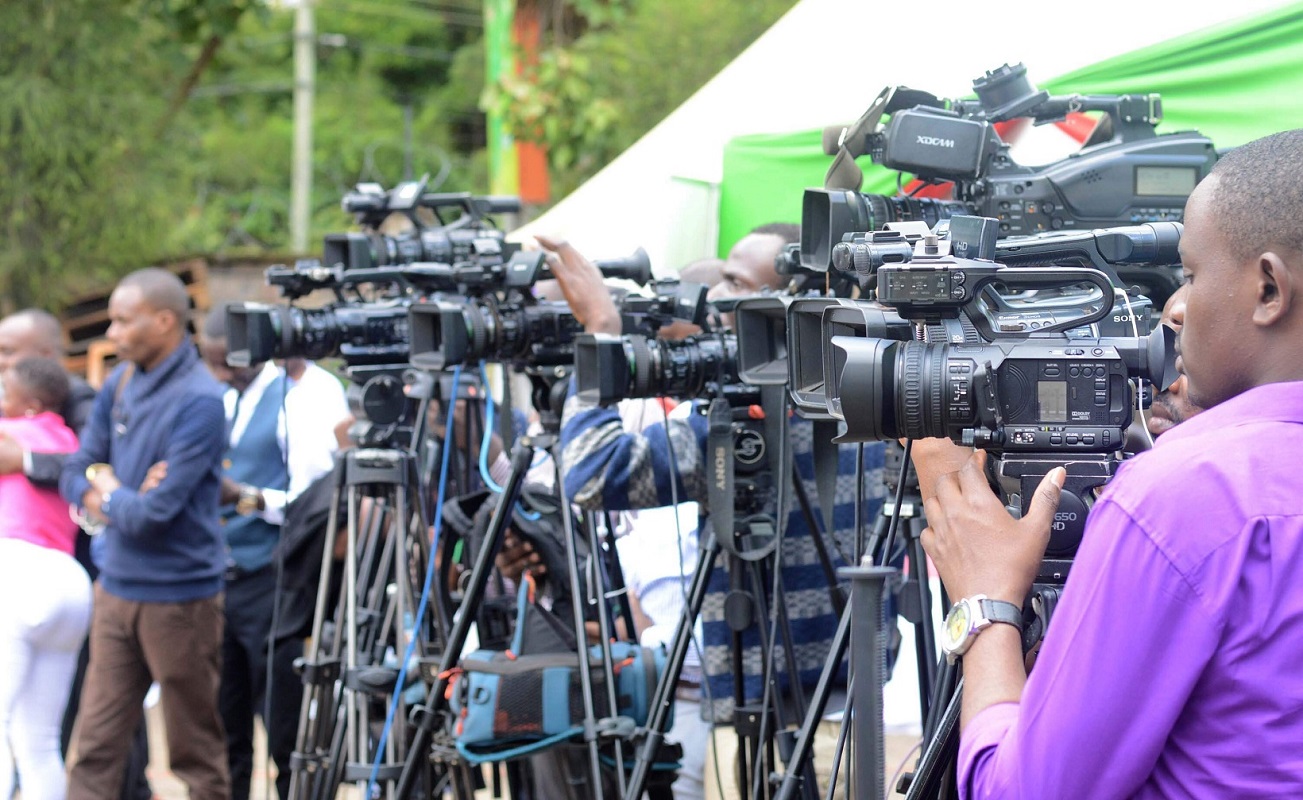Kenya seeks UN support to rationalise costly public participation amid questions on priorities

Critics point out the paradox of government seeking external assistance for a constitutionally mandated civic process while domestic resources are often splurged on expansive political rallies and non-essential spending.
Prime Cabinet Secretary Musalia Mudavadi, who is also Cabinet Secretary for Foreign and Diaspora Affairs, has raised the alarm over the soaring costs of implementing Kenya's constitutionally mandated public participation forums, calling for urgent innovation and international support to sustain the process.
Speaking during a high-level meeting with the United Nations Country Team led by Resident Coordinator Stephen Jackson, Mudavadi revealed that current estimates for public engagement range from Sh10 million to Sh100 million per forum, depending on scale and geography.
More To Read
- Museveni clarifies Indian Ocean comments after Kenya downplayed war talk
- Senators summon Mudavadi over harassment, detention and deaths of Kenyans abroad
- Kenya dismisses war fears as Mudavadi quashes claims of Uganda ‘overrunning’ the country
- Parliament pushes Public Participation Bill to streamline hearings
- Kenya reaffirms commitment to political solutions for regional conflicts
- Kenya’s exports to EAC partners grow as diaspora sends Sh1 trillion home
"While public participation is a constitutional imperative, we must be honest about the cost implications. Resources must be used judiciously. We cannot justify spending hundreds of millions where those funds could instead be used to build hospitals or upgrade schools," Mudavadi said.
Mudavadi warned that the current cost model is unsustainable and risks depriving critical sectors like health, education and infrastructure of much-needed funding.
He disclosed that the government is finalising a Public Participation Bill that will offer a structured, legally backed framework for citizen involvement in decision-making processes.
Principles of governance
Public participation is enshrined in Kenya's Constitution under Article 10(2), which lists it as one of the national values and principles of governance, alongside the rule of law, human dignity, equity, social justice and inclusiveness.
Further, Article 118 emphasises the need for public involvement in the legislative process, ensuring that citizens have a voice in shaping national policies and administrative decisions.
Mudavadi stressed the need for digital transformation to reduce the financial burden of engagement.
"We must embrace digital platforms, virtual consultations and other technology-driven models that make participation more efficient and impactful," he said.
However, Mudavadi's appeal for UN support has triggered broader questions about Kenya's governance priorities.
Critics point out the paradox of government seeking external assistance for a constitutionally mandated civic process while domestic resources are often splurged on expansive political rallies and non-essential spending.
Acknowledging the risks, Mudavadi cautioned that failure to conduct meaningful public participation could backfire.
"Public participation is not optional. If not properly conducted, laws and policies can be challenged and overturned. We must rationalise the process without compromising its spirit."
Foreign Policy Sessional Paper
On the diplomatic front, Mudavadi celebrated the recent parliamentary approval of Kenya's first Foreign Policy Sessional Paper, calling it a landmark achievement.
"The adoption of our Foreign Policy Sessional Paper strengthens Kenya's position on the global stage. It gives clarity to our engagements and aligns them with economic diplomacy, environmental protection, peace, and diaspora matters."
UN Resident Coordinator Stephen Jackson reaffirmed the UN's commitment to Kenya's governance reforms, praising the country's progress toward democratic consolidation and sustainable development.
"The United Nations stands ready to work with Kenya to ensure public participation is effective, inclusive, and sustainable," he said.
The meeting also reviewed the UN Kenya 2024 Annual Results Report, highlighting joint efforts that have bolstered governance, healthcare, education, climate resilience, economic empowerment, and human rights protections across the country.
Both sides pledged to deepen cooperation in strengthening governance systems, advancing civic engagement, and supporting Kenya's broader development aspirations under Vision 2030 and the Bottom-Up Economic Transformation Agenda.
Top Stories Today















































